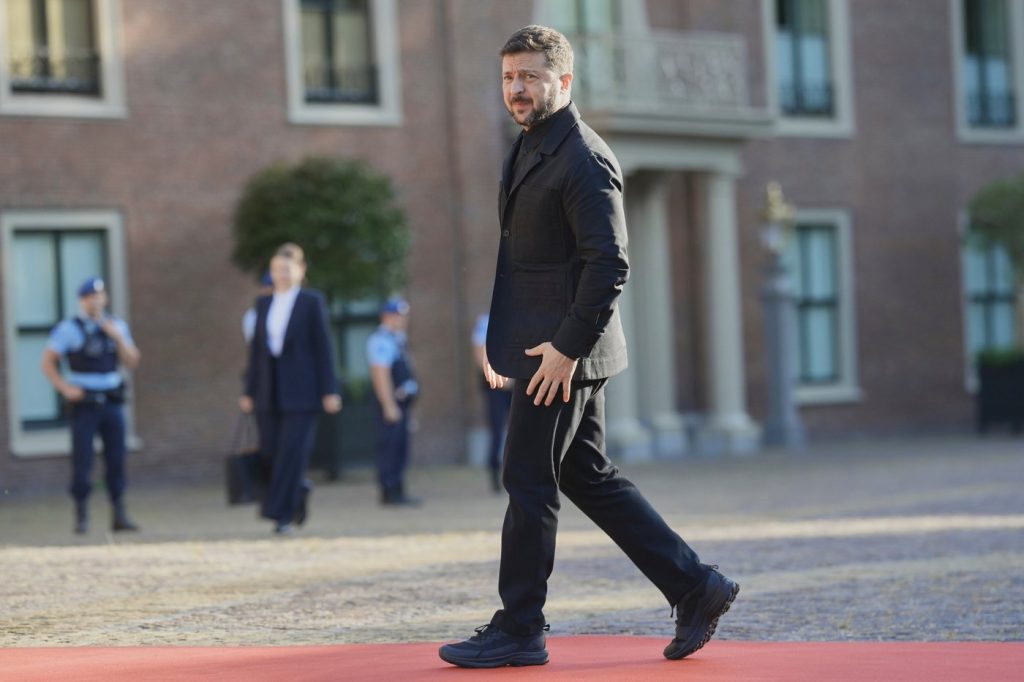In The Hague, Netherlands, Ukrainian President Volodymyr Zelenskyy is anticipated to formally approve plans on Wednesday to establish a new international court aimed at prosecuting senior Russian officials for their involvement in the full-scale invasion of Ukraine. This significant initiative highlights Ukraine's ongoing efforts to seek accountability for the actions of Russian forces since the onset of the conflict in 2022.
The proposed special tribunal is set to be established through an agreement between Ukraine and the Council of Europe, which serves as the continent's leading human rights organization. Zelenskyy is making his first visit to the Strasbourg-based institution as part of this important announcement, symbolizing a pivotal moment in international legal proceedings concerning the war.
The primary objective of the special tribunal is to hold senior Russian leaders accountable for the "crime of aggression," a legal concept that underscores the myriad war crimes Ukraine alleges have been committed by Russian forces. These war crimes include bombing civilian infrastructure, killing innocent civilians, sexual violence, hostage-taking, and torture. Notably, the existing international courts, such as the International Criminal Court (ICC) located in The Hague, lack the jurisdiction to prosecute Russian nationals specifically for this crime of aggression.
In the early stages of the conflict, Ukrainian authorities have been advocating for the establishment of a special tribunal that goes beyond merely addressing individual war crimes to encompass broader issues of accountability for state-sponsored aggression. Despite Russia's consistent denial of these allegations, Ukraine's push for justice has been unwavering.
While plans for the tribunal are being laid, there remain logistical elements to be determined, including the proposed location of the court. The Hague has been suggested due to its established legal framework; however, no conclusive decision has yet been reached regarding its final home.
Complicating matters is Russia's policy of not extraditing its own citizens, which brings into question whether Russian President Vladimir Putin or other high-ranking officials will ever face prosecution. Under international law, high-ranking officials, including sitting heads of state, typically enjoy immunity, often limiting the potential for legal actions against individuals such as Putin while they remain in power. Thus, any potential indictment against him could only proceed if he were to vacate his position.
Importantly, there is no statute of limitations associated with the crime of aggression, meaning that past actions of Russian officials could still be prosecuted in the future. The institution will be financed by a coalition of supportive countries, referred to as the Core Group, which currently includes the Netherlands, Japan, and Canada. The initiative has garnered backing from the United States under former President Joe Biden, despite a lack of support from the previous administration led by President Donald Trump.
As the situation develops, the establishment of this special tribunal represents a significant step in the ongoing quest for justice and accountability in the context of international law. The outcome and effectiveness of such an institution will undoubtedly impact the future of international relations and the legal repercussions of state aggression.











